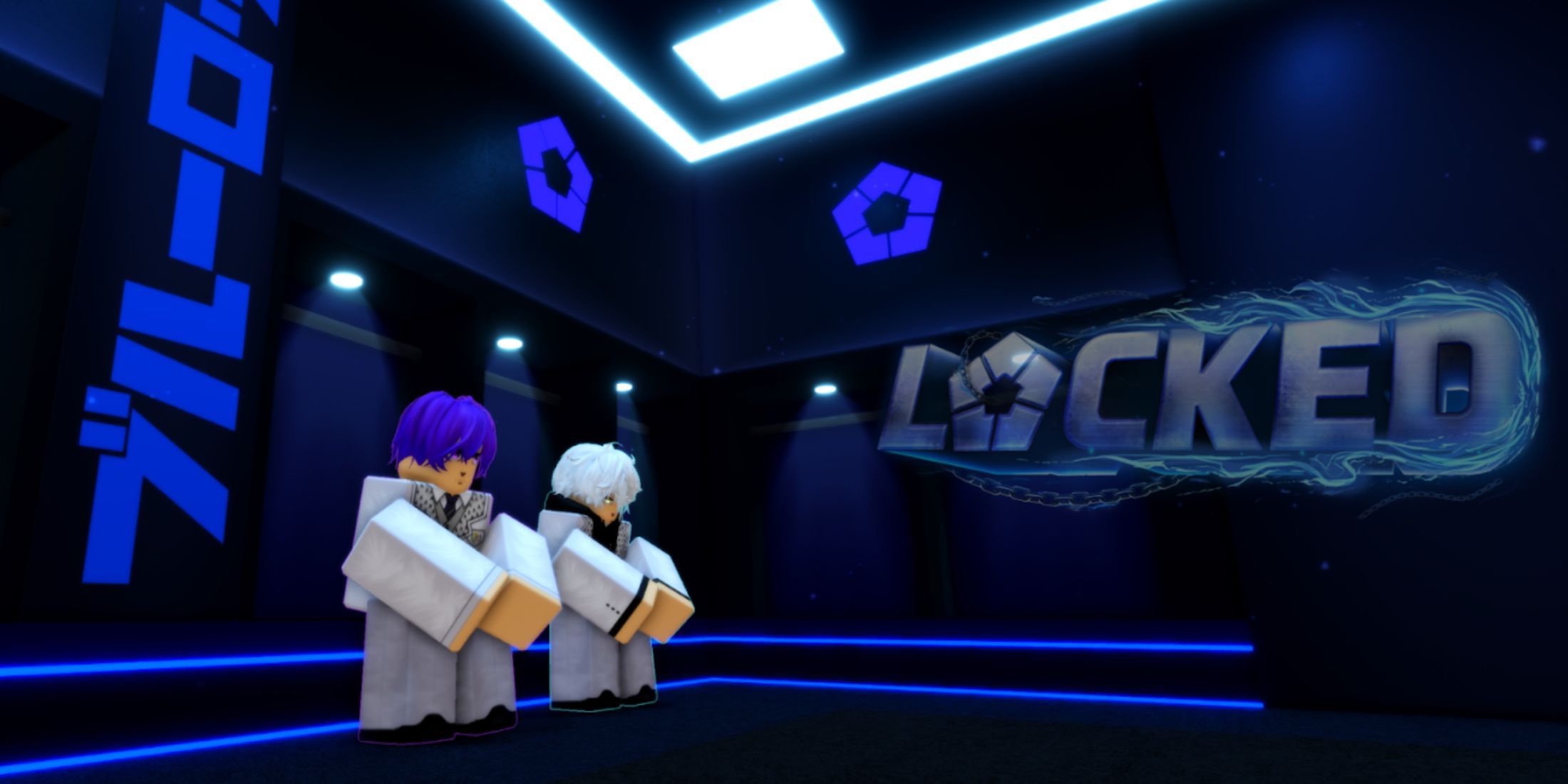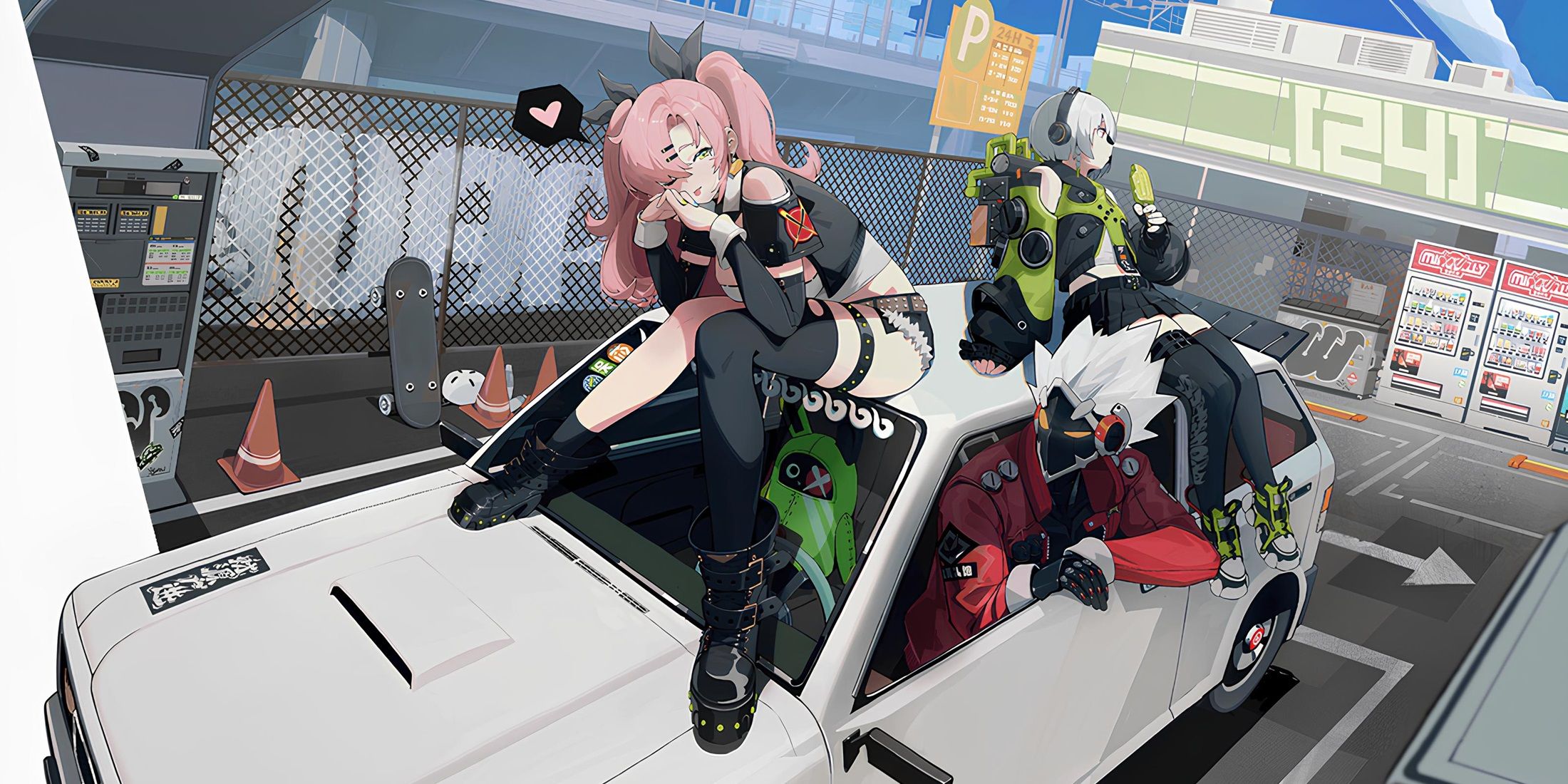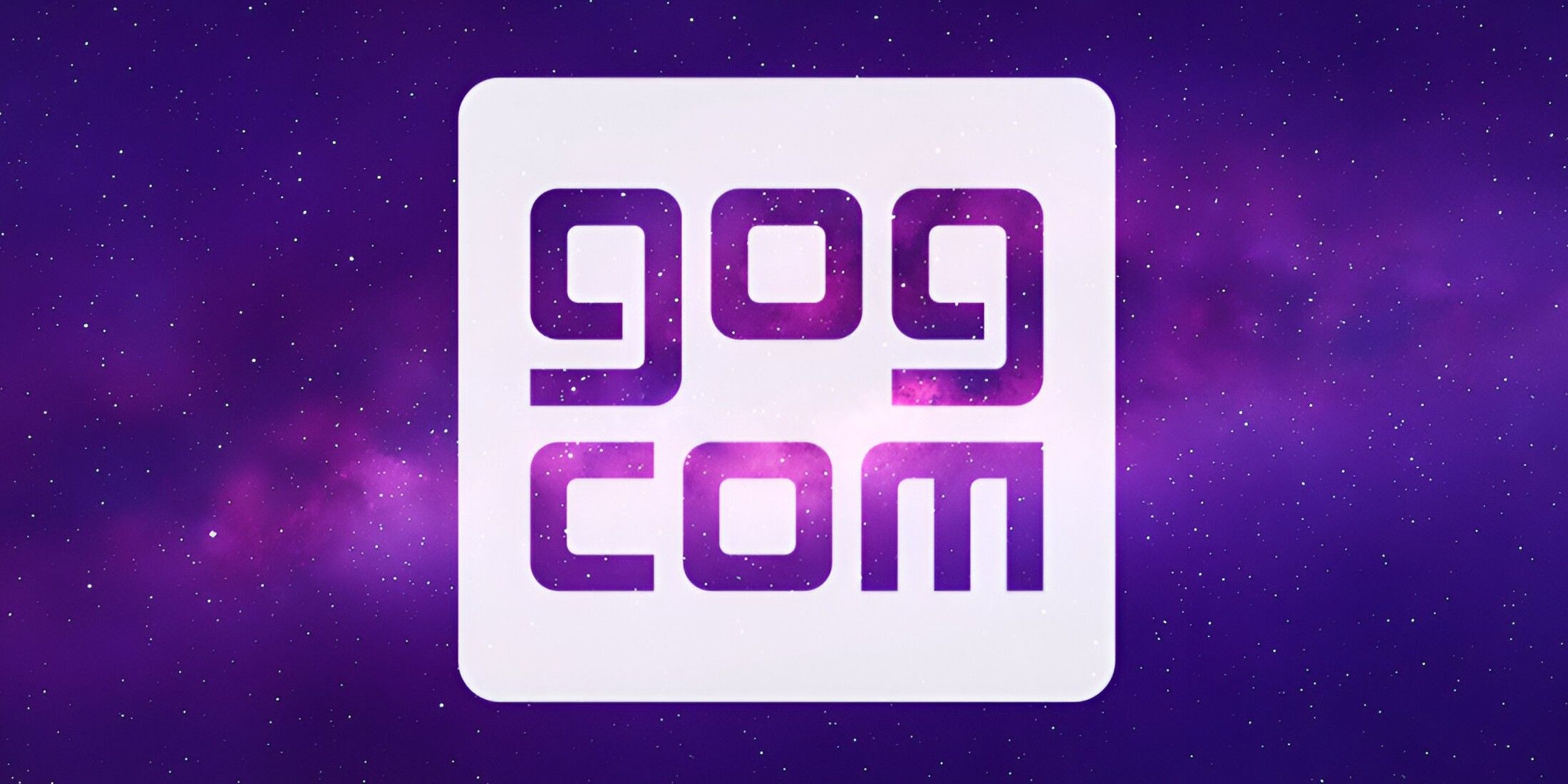Highlights
- GOG promises to transfer account ownership to a chosen beneficiary upon death, but requires a court order for verification due to lack of user information.
- GOG emphasizes that there is currently no legal guidance on video game preservation, so it will have to rely on users' local legal systems to handle transferring library ownership.
- GOG users worried about preserving their games also have the option to store them offline in a personal external drive.
GOG promised users it would do its best to comply with their wishes and transfer ownership of their account to their chosen beneficiary in the unfortunate event of their passing. In previous generations, it was easy for players to pass down their old consoles and video games to their next of kin, given that most titles still relied on physical mediums such as disks and cartridges. However, the industry has since moved further and further into the digital space, leaving many GOG users wondering how this prevalent trend of digitization might affect their rights as a consumer and whether it is legal to pass down an online account with a last will.
Digital ownership has been a notoriously heated topic for many in the gaming community, with many users objecting to the lack of protections surrounding digital media. Some players additionally argued that the legal gray zones of the industry granted major publishers and companies too much control over online distribution, which would inevitably foster a market where consumers ultimately did not even own the products they purchased as companies could take away their access by doing something as simple as shutting down servers. A recent discussion with Steam additionally highlighted the trouble of inheriting an online video game library from another person, sparking worries among its user base that their accounts might forever be lost in the event of their deaths.

GOG Changes May Delete Players' Save Files
An upcoming change to the GOG game storefront and service may affect some players' save games, putting them in danger of being lost for good.
Now, fellow distribution platform GOG is addressing the same issue. In a statement to RespawnFirst, GOG clarified that it was willing to honor its users' wills and transfer ownership of an account's library to another person in the event of the original owner's death. However, due to the fact that the platform itself does not collect sufficient information from its users to reliably verify a relationship between two people, GOG specifically requires a court order that entitles a recipient to receive another user's entire video game library in the event of their untimely passing.
GOG Is Willing To Respect Users' Wishes
GOG further emphasized it was willing to accommodate users but also stated that there was currently no legal guidance on the matter of video game preservation, meaning it would have to rely on the help of its users' local justice system. The company additionally pointed out that the games on its platform are free of controversial DRM programs, meaning users can download offline installers for each game in their library and preserve them in a personal external drive as an alternative.
While many gamers are willing to admit that the digitization of the video game industry has provided a variety of convenient features, there are still those who are wary of the industry's increasingly online-dependent practices and how it might let companies remove games from users' accounts. GOG has taken a step to meet consumers' demands, but only time will tell if players and developers eventually find a serviceable middle-ground that satisfies both parties.



